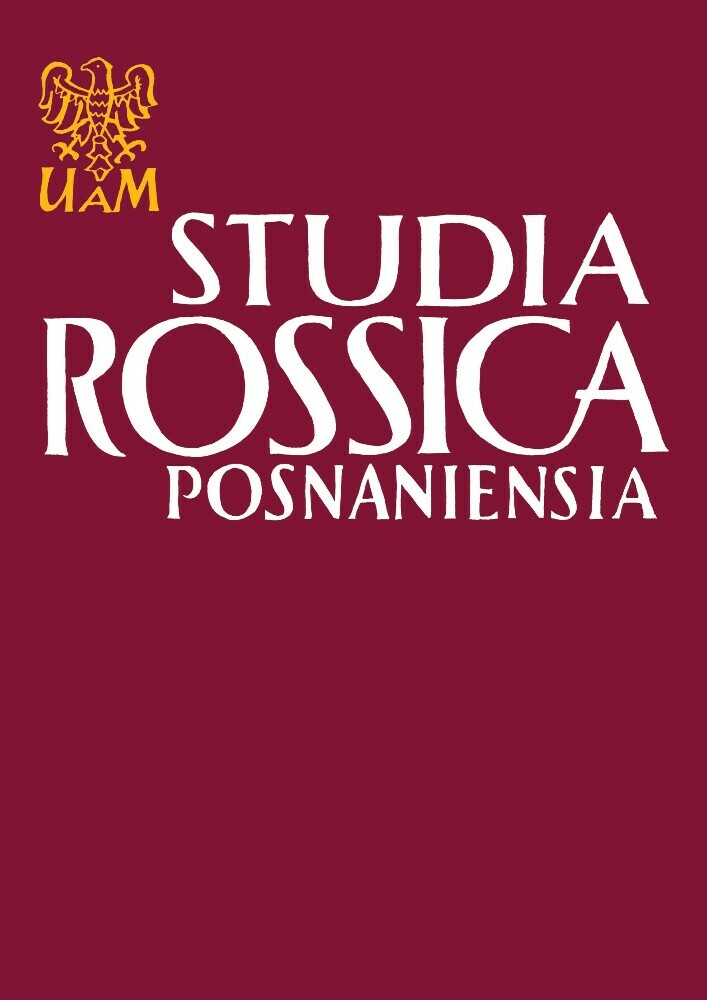Abstract
This attempt at interpretation is made in the metacontext of the “humanization of non-being” syndrome, as represented in Chekhov’s play The Seagull. This metacontext defines itself as part of the explosive meeting of Russian mental culture (crossing, abandoning…) and the concept of an underwater current accumulating energy, resulting in internal catharsis. The basis of such dynamics, with a vector oriented toward the transformation of an engaged recipient, created the opportunity of perceiving Marina Tsvetaeva’s life and work through the prism of the phenomenon of being doomed to inexhaustibility in its artistic and research-like manifestation. As part of such a methodological approach and this interpretative attempt, the following research problems, anticipating the studies of Tsvetaeva’s work, can be proposed: 1. The drama of an androgyne which is typical of our epochal thinking and which is manifested in M. Tsvetaeva’s act of creating being; 2. The phenomenon of being doomed to inexhaustibility in the context of looking for a name for the paradigm of contemporary tragedy.License
Copyright
© 2013 Uniwersytet im. Adama Mickiewicza w Poznaniu
OPEN ACCESS
